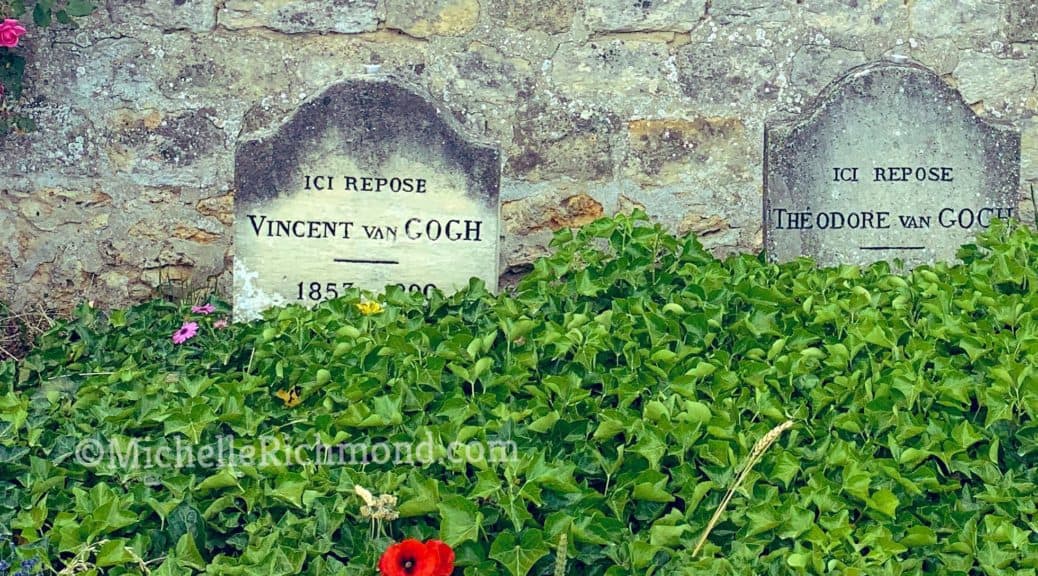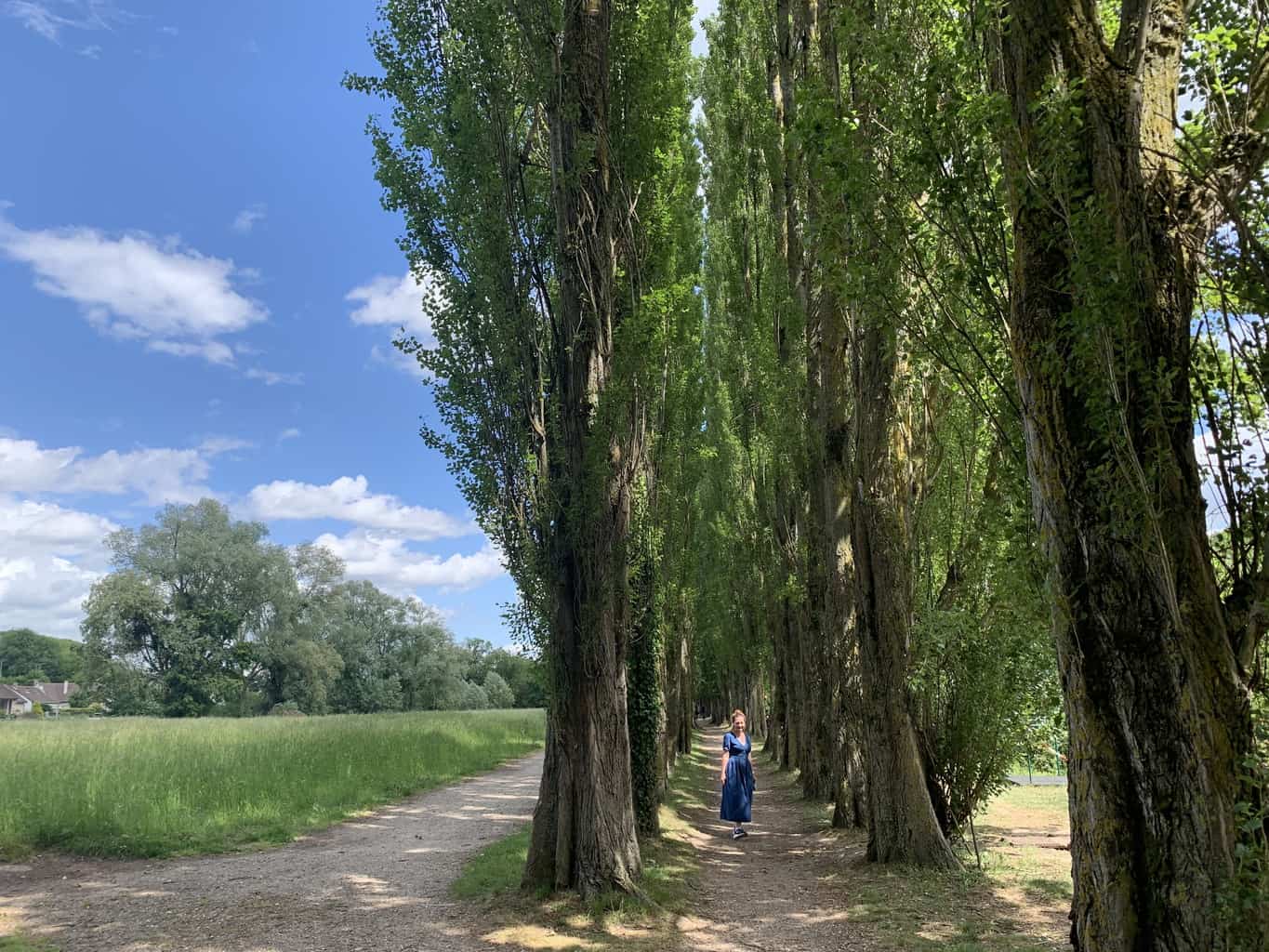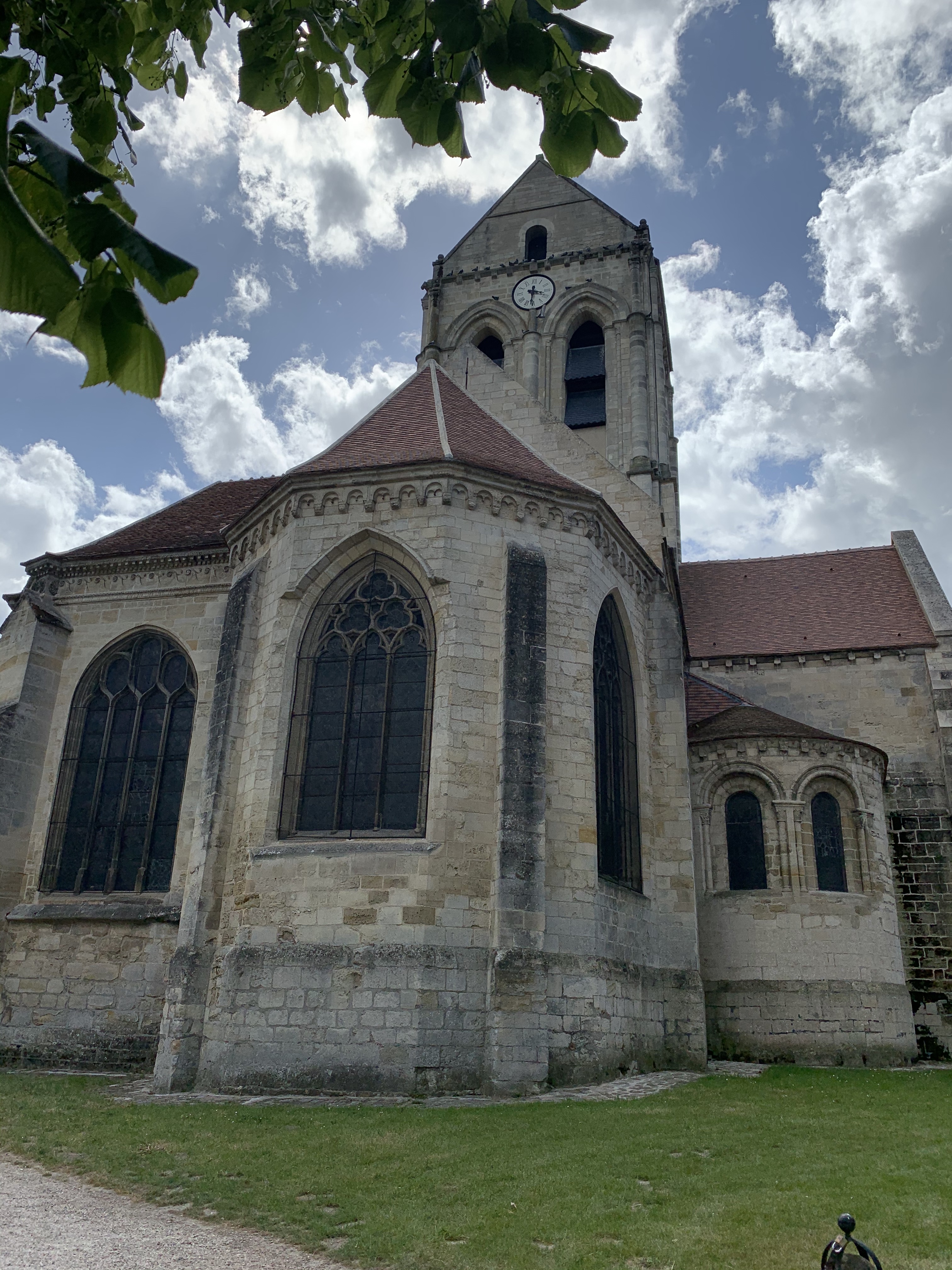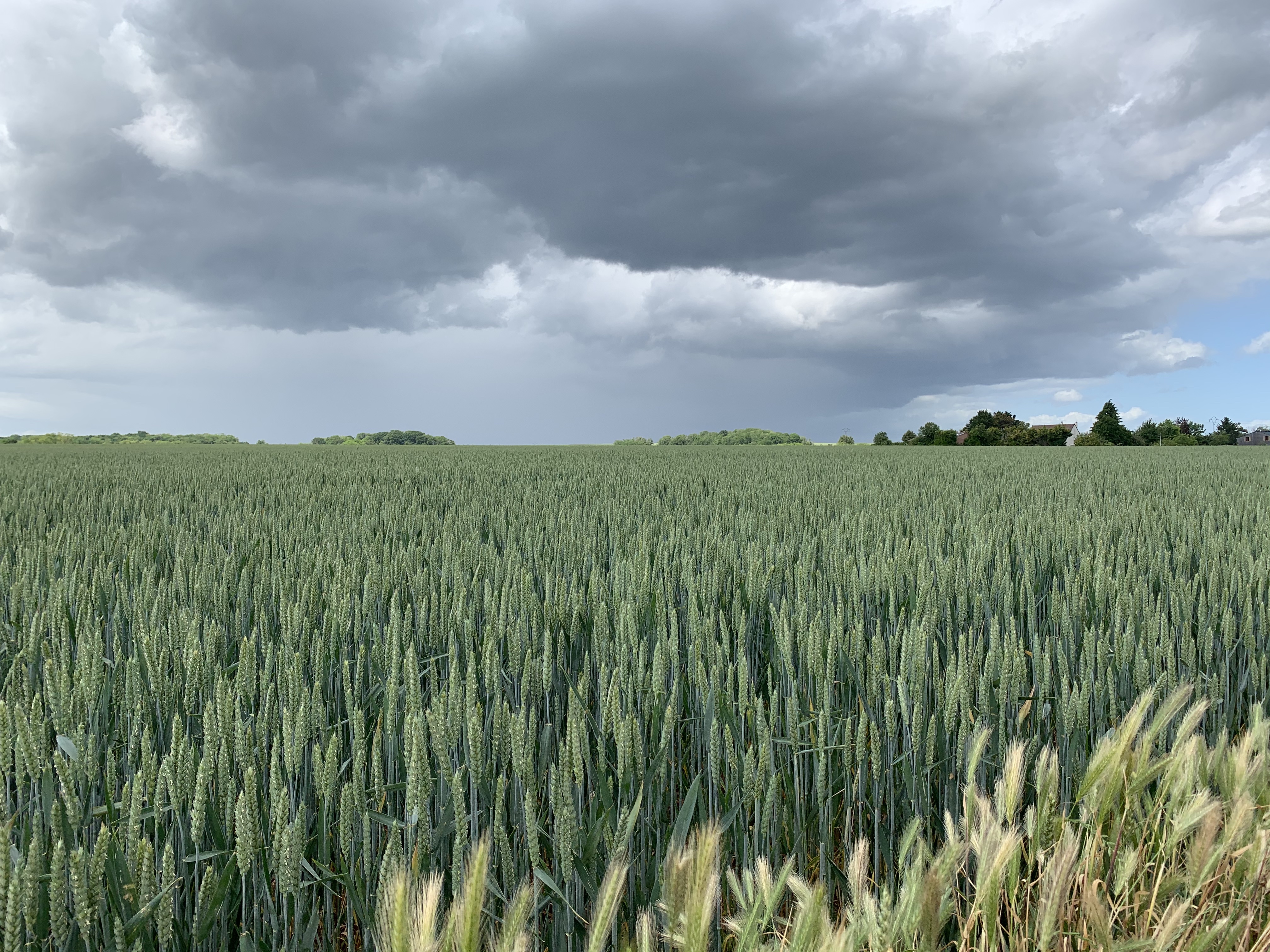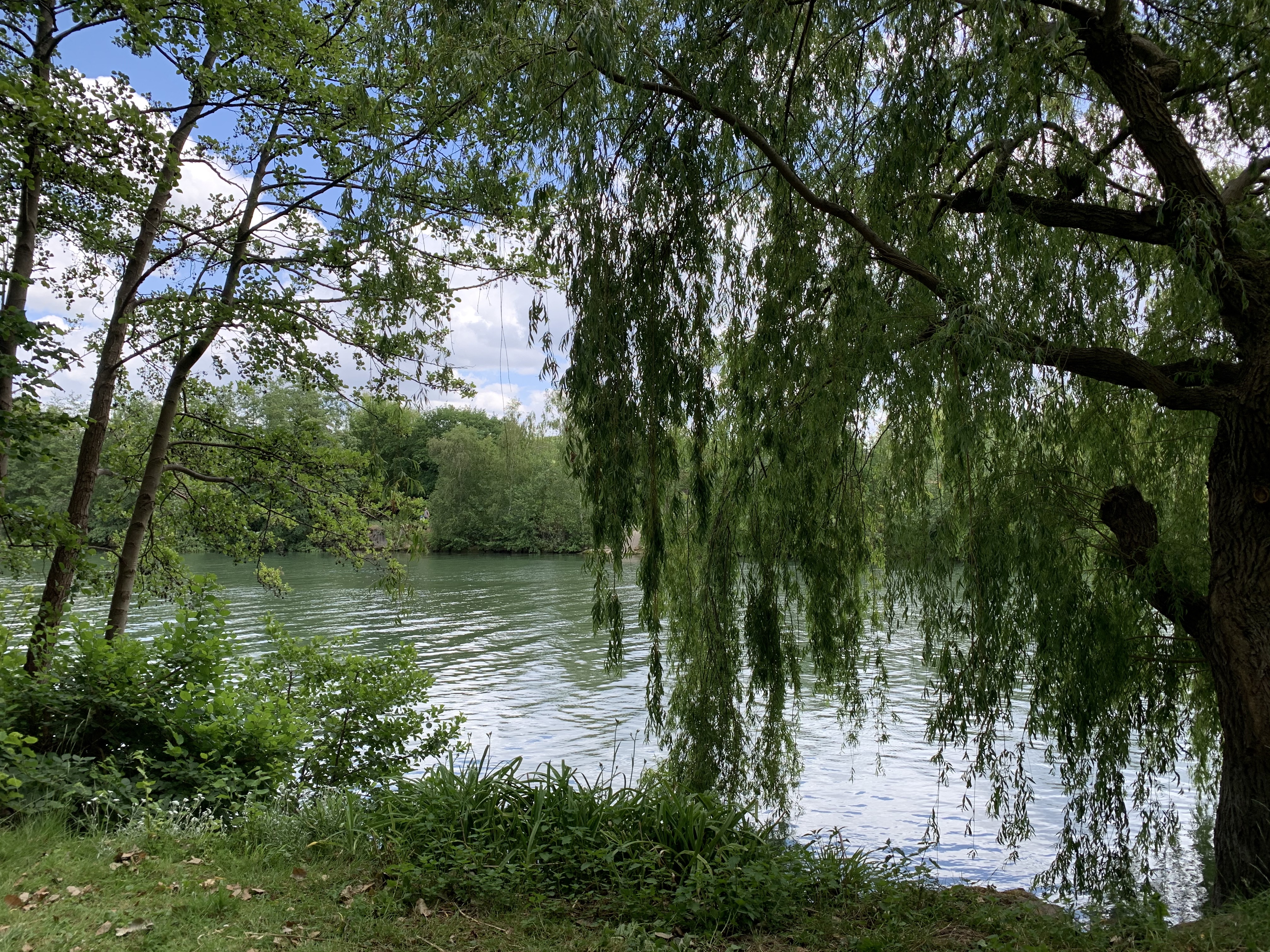Memoirs of the Writing Life – Readings for Writers
Lately, I’ve been drawn to personal narratives–particularly memoirs of the writing life. I keep coming back to books that are not about writing so much as about the daily experience of being a writer, the act of making one’s way through everyday existence (children, roof leaks, marriage, moving) while attempting to inhabit a life of the mind.
When my writing comes to a halt, personal narratives by writers help me get back to that coveted interiority, the quiet brain space necessary for the act of making something. Every one of these books tripped some invisible wire and sent me back into writing.
Real Estate: A Living Autobiography, by Deborah Levy
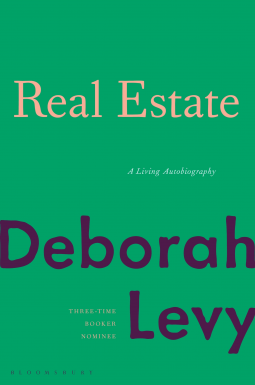
I discovered Deborah Levy while living in Paris, thanks to a tweet by a fellow expat from California, Summer Brennan. When I say “discover” I really mean I came upon her very late, after apparently everyone had already been reading her books for years. Brennan’s tweet inspired me to seek out The Cost of Living at Galignani Bookstore on Rue de Rivoli. I devoured it in the way I devour a very specific kind of book: the kind that I have to stop reading every few pages because it inspires me to sit down and write. If I remember the timeline correctly, soon after I bought The Cost of Living, Paris shut down for our first lockdown (or was it our second?). Paris was so tightly locked down that Galignani, Shakespeare and Company, and Red Wheelbarrow weren’t even shipping books, so I had to wait for things to reopen to go back to Galignani for Things I Don’t Want to Know: On Writing.
When I recently saw that Levy had *a new book on the way I did backflips (not like Simone Biles, more like backflips in my mind). In her latest volume, a companion to The Cost of Living and Things I Don’t Want to Know, Levy muses on the “unreal estate” she dreams of owning—a rambling home overlooking the sea, with pomegranate trees and all sorts of diversions. In reality she lives in a small flat in London and writes in a damp shed (this book finds her in a different shed than she used in Things I Don’t Want to Know.) Her Best Male Friend returns in this book, acting in ways that may disappoint the reader (cheating on the long suffering Nadia, for example), but never fail to entertain.
Taken as a set, these three books allow the reader to enter Levy’s life at different moments, as though looking through different windows on a moving train. Through her engaging, self-deprecating, wide-ranging voice, one glimpses intimately the sweep and tilt of one woman’s literary life. A joy to read.
Forthcoming from Bloomsbury. Buy from Bookshop.org.
To Write As If Already Dead, by Kate Zambreno
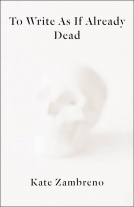
It is hard to live an intellectual while literally attached to an infant, a truth the author discovers while simultaneously breastfeeding and preparing for a panel in a bathroom stall abroad. Zambreno writes beautifully of the universal struggle–how does one make art while caring for a family?–in this spacious mediation on reading, literature, and friendship. Central to the story is the author’s former online friendship with a poet/novelist from San Francisco. I read this part with great interest, scouring the internet for clues, as Zambreno and Alex Suzuki (the alias for the friend with whom she corresponded) spent a lot of time in Readerville, a community in which I was also active while living in San Francisco at during the same years.
Undertaken at a time when the author is struggling to write a different book, for which she is on contract–a study of Herve Guibert’s To the Friend Who Did Not Save My Life–the book concerns friendship, the friction between writing and making a living, and the disruptions of the body. While revisiting Guibert’s chronicle of his life (and death) with AIDS, Zambreno is contending with shingles and other mysterious illnesses.
I read the book not long after returning from two years in Paris, a city that is central to Guibert’s work. Had I not read To Write As If Already Dead, I would not have read Guibert, and reading Guibert was a joy. Books speak to each other across genre and geography, just as authors speak to each other and to readers across time, so I am always fascinated by the way certain books come to you at the moment in your life when they are most relevant. We rode out the first year of the Covid19 pandemic in Paris. Guibert was caught in the turmoil of an earlier virus. His work is especially interesting to read at this moment in history.
With references to the works and lives of the likes of Baudelaire and Foucault, Zambreno examines what it means to write and to attempt to live a life of the mind in the midst of life’s complexities. Wonderful, thought-provoking, and unexpected. If you want to write and read but find that your mind is always pulled elsewhere by something or someone else, this book is calling your name.
Forthcoming from Columbia University Press, June 2021. Buy from Bookshop.org.
Personal Writings by Albert Camus, Knopf Doubleday
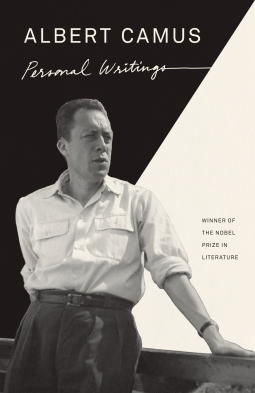
A worthy addition to any writer’s bookshelf and a joy for those of us who return again and again to Camus. Through these deeply personal essays one glimpses the person and mind behind The Stranger and The Plague, the inner workings of a writer’s mind at work. We see his childhood in Algiers, and learn how that experience formed the moral basis of his work.
More readings for writers
Why I Don’t Write and Other Stories, by Susan Minot
In her latest collection, Minot rages artfully against distraction of political and romantic varieties. The stories are as sharp and elliptical as the sentences. If you’ve been a fan since way back (Lust & Other Stories), this one won’t disappoint.
Writers and Lovers by Lily King
Anyone who has been young, female, and broke, full of longing for love and a creative life, will likely see herself in this novel. Absorbing and at times sharp-edged, a raw look at what it means to move through the world as a young woman with big dreams. Every sentence feels close to the nerve endings. I read it in two sittings.
Dear Friend, From My Life I Write to You in Your Life, by Yiyun Li (read my full review)
In prose that is at once concise and evasive, filled with blank spaces and unanswered questions, Yiyun Li speaks movingly of the need for privacy and the absence of a sense of self, laying bare intimate details of her life and psyche. A contemporary companion to William Styron’s classic Darkness Visible.
Michelle Richmond is the author of seven books of fiction, including most recently the Sunday Times bestseller The Marriage Pact. Her new novel, THE WONDER TEST, will be published by Grove Atlantic in July.
*Thanks to Netgalley and to the publishers for making several of these books available prior to publication in exchange for an honest review.
